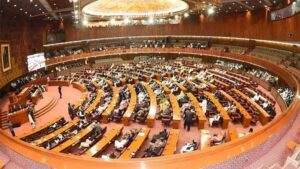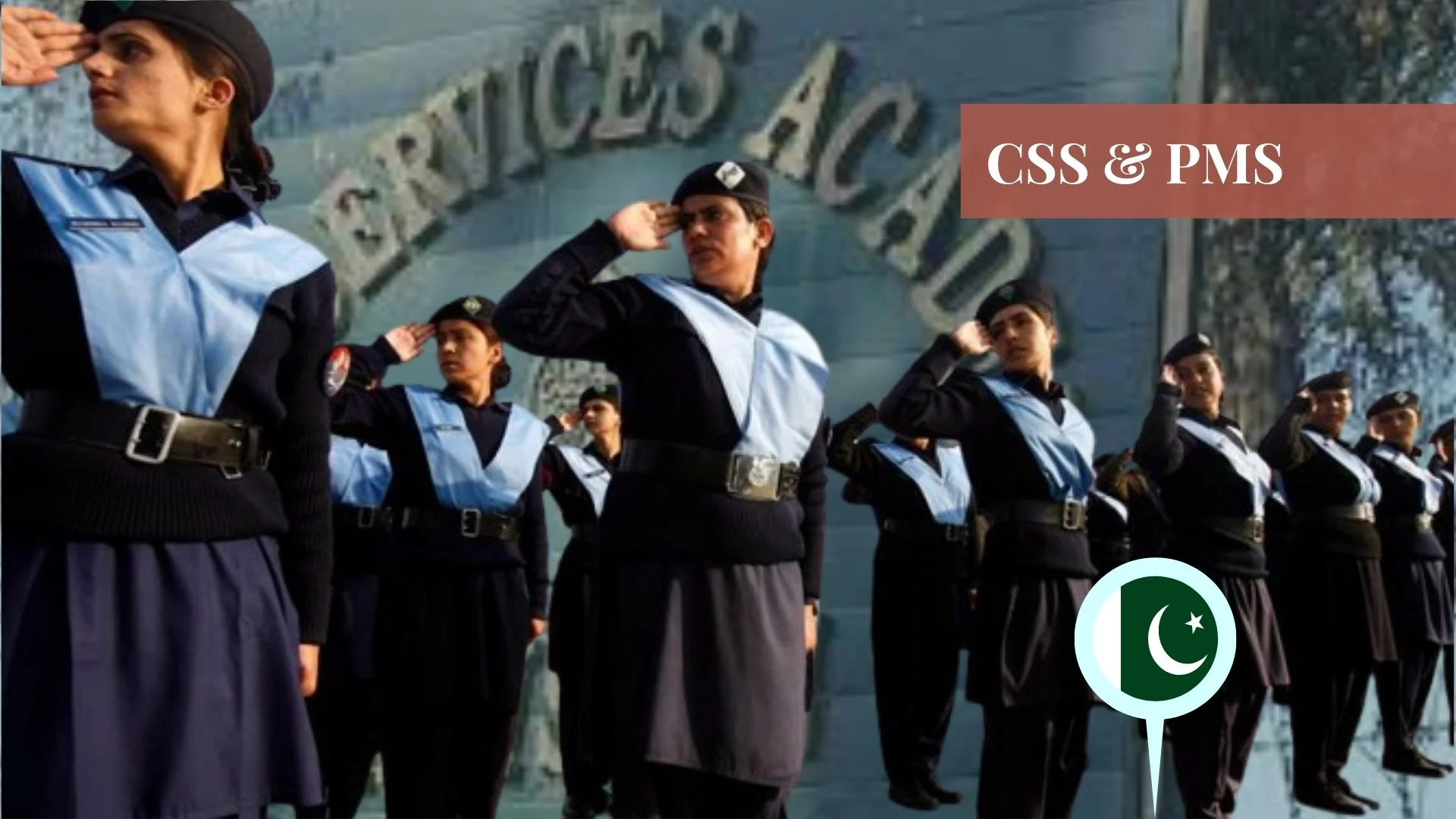NA Passes Key Bills Amid PTI Opposition, Raises CSS Age Limit to 35

READ FOR MORE:https://newsorgames.com/
Islamabad, May 16, 2025 — In a significant legislative move, the National Assembly of Pakistan passed several key bills on Thursday, including a long-anticipated amendment to increase the Central Superior Services (CSS) age limit from 30 to 35 years. The development has sparked political debate, especially in the wake of strong opposition from the Pakistan Tehreek-e-Insaf (PTI).
🏛️ A Legislative Push Despite Resistance
The ruling coalition, led by the Pakistan Muslim League (N) and allied parties, pushed through the legislative agenda during a heated session of Parliament. The PTI, voicing strong objections, staged a symbolic protest, accusing the government of sidelining parliamentary debate and undermining democratic norms.
Despite the tension, the bills passed with a comfortable majority—indicating strong intra-coalition alignment and a clear legislative strategy.
📜 CSS Age Limit Raised to 35: A Game-Changer for Aspirants
Among the most impactful decisions was the amendment to the CSS rules, which raises the upper age limit from 30 to 35 years. This change comes after years of lobbying by civil service aspirants and education reform advocates.
Key Points:
-
New Age Limit: 35 years (previously 30).
-
Applies From: Competitive Exam 2026 onward.
-
Eligibility: All candidates with a bachelor’s degree, subject to domicile and other Federal Public Service Commission (FPSC) criteria.
This policy shift is being hailed as a progressive step, especially considering the time many students spend in postgraduate studies or are affected by socioeconomic hurdles in early adulthood.
“This is a long-overdue reform. It allows thousands of talented graduates who missed out due to age constraints another chance at public service,” said a senior education analyst.
🗳️ Political Tensions: PTI’s Standpoint
The PTI opposed the broader legislative process, claiming that the bills were “bulldozed” without proper debate. Senior PTI leaders also criticized what they called the government’s disregard for constitutional procedures and public consultation.
“These are not reforms; these are shortcuts taken by a shaky government,” stated a PTI spokesperson.
Despite these criticisms, government officials emphasized that all legal and parliamentary procedures were followed.
READ FOR MORE:https://newsorgames.com/
📈 What This Means for Pakistan’s Bureaucracy
By raising the CSS age limit, the government aims to:
-
Attract more mature, experienced, and qualified candidates.
-
Widen the talent pool beyond elite universities and urban centers.
-
Address structural inequalities in access to civil service careers.
Analysts suggest this could lead to a more diverse and representative bureaucracy in the coming decade.
READ FOR MORE:https://newsorgames.com/
📌 Final Thoughts
The recent legislative session marks a turning point in Pakistan’s bureaucratic and political landscape. While the opposition remains vocal, the government’s CSS reform is being welcomed across academic, civil service, and policy-making circles.
As the country grapples with challenges in governance and institutional reform, such changes may signal a more inclusive future—provided they are backed by transparent implementation and equitable access.


Leave a Reply